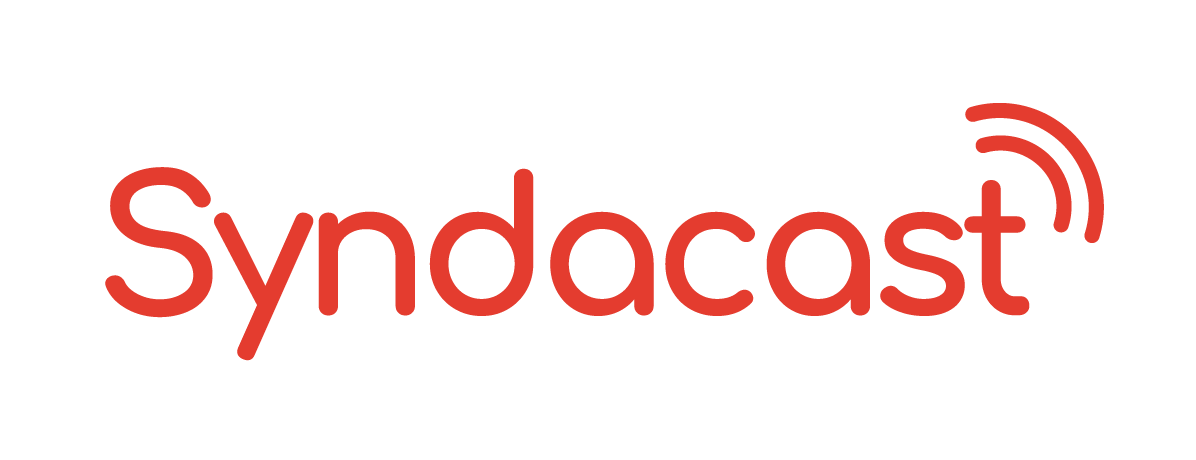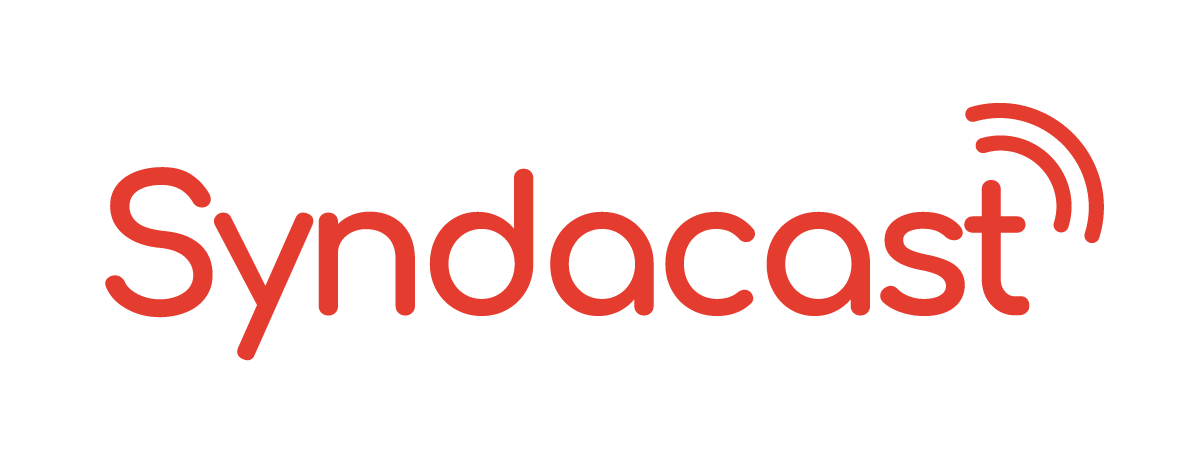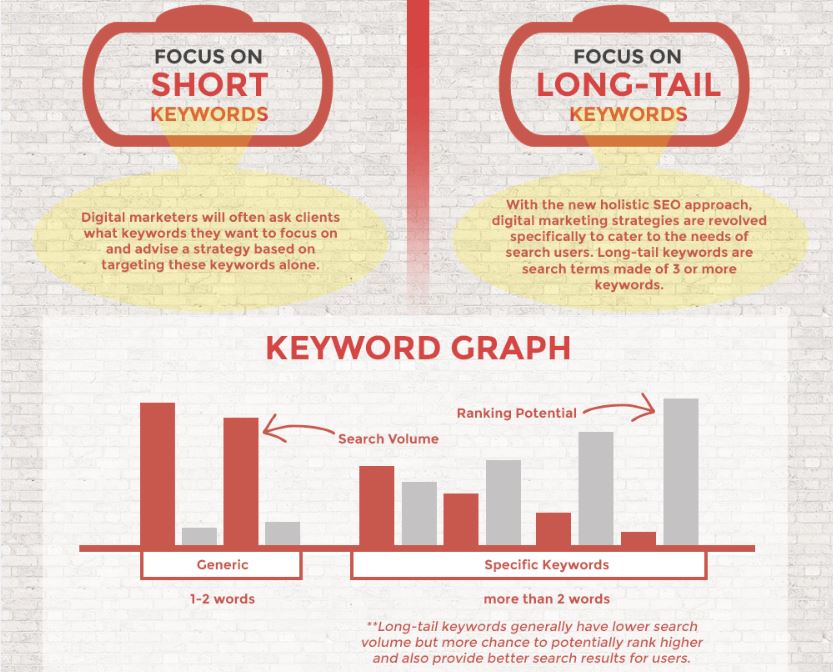Why Using a Holistic SEO Approach is Key in 2015
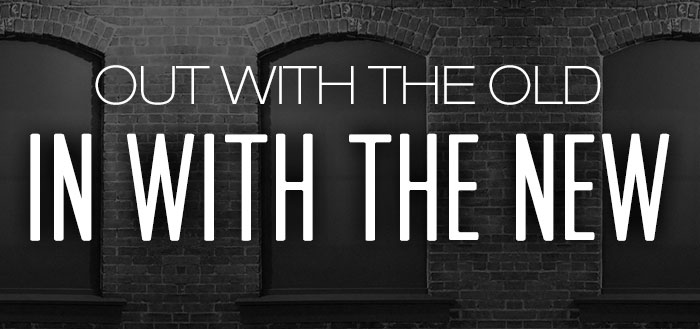
Before we begin, let’s take a closer look at each individual term means and what it means.
SEO – Search engine optimization (SEO) is the process of affecting the visibility of a website or a web page in a search engine’s “natural” or un-paid (“organic”) search results. – Wikipedia
Holistic – Relating to or concerned with wholes or with complete systems rather than with the analysis of, treatment of, or dissection into parts. – Webosis
As online marketing becomes more and more customer-oriented and customer-centric, businesses need to revise their online marketing strategies. Not only consumers, but even search engines like Google are turning their algorithm to cater to high quality content and more focused attention on social signals.
To understand the Holistic SEO better, we first need to take a look at what traditional or ‘old’ seo is and how it works.
What is Traditional SEO – is focused more on creating pages around a set of targeted keywords.
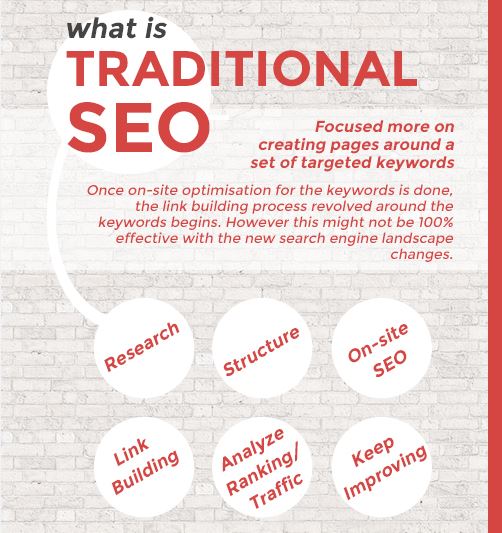
Once on-site optimization for the keywords is done, the link building process revolved around the keyword begins. However this might not be 100% effective with the new search engine landscape changes. Here are the factors involved in traditional SEO.
Research / Structure / On-site SEO / Link Building / Analyze Ranking & Traffic / Keep Improving
What is Holistic SEO – is focused on search users and not revolved around keywords or search engines.
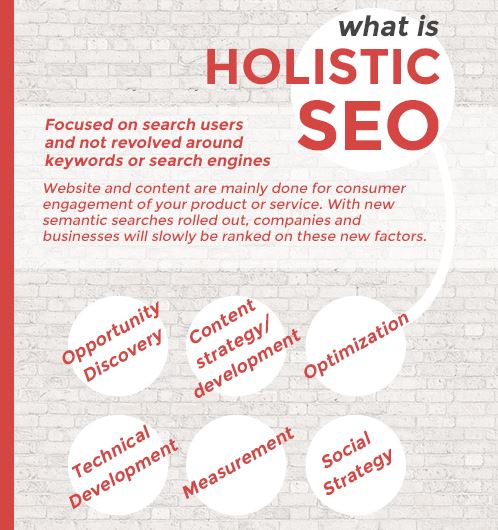
Website and content are mainly done for consumer engagement of your product or service. With new semantic searches being rolled out, companies and businesses will slowly be ranked on these new factors.
Opportunity Discovery / Content Strategy & Development / Optimization / Technical Development / Measurement / Social Strategy
As far as keywords go, here is a small graphic which will clearly describe the difference in focus between the two practices.
This mini-graphic clearly shows the differences on how traditional SEO focuses on short tail keywords where digital marketers will often ask clients on what main keywords they want to focus on and advise a strategy based on targeting these keywords alone.
While digital marketing strategies that revolve around the holistic approach cater specifically to the needs of search users, focusing on long-tail keywords which are derived from search 3 or more keywords. These keywords generally have lower search volume but more chance to potentially rank higher and also provide better search results for users.
Here is the full infographic:

